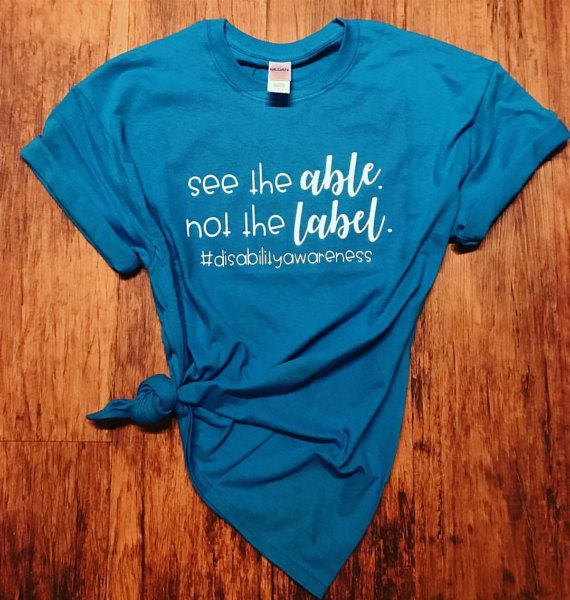
“I have to ask you a question.”
Please, please save me from what’s about to happen.
“Yeah?” I ask, figuring maybe, just maybe, it’s about the tumble I took in the hallway before sixth hour yesterday. Hey, better yet, maybe it’s about something that was in the yearbook! Those came out today, and I know there’s a pretty cool picture of me conducting an orchestra in there…but who am I kidding? I already know what she’s going to ask. 
“So, is your leg like… popped out?”
Alright, hold on a minute. I’m used to the prodding “just curious, really!“ questions, but that one’s new. Popped out? Yeah, I dislocated my knee and now it’s bent completely, entirely backwards, and I’m walking with only a slight limp. Uh…no.
“Nah, I have a tumor.”
I respond as lightheartedly as possible. It’s difficult to keep my tone relatively calm and at ease, but I’ve learned that it’s generally the best way to handle this kind of situation.
You know that kind of awkward situation, right? You have some random person that approaches you. If you’re lucky, you’ve spoken to them before–but more often you have no idea they even exist until they come up to you and ask (often verbatim), “What’s wrong with you?”
Yeah, probably not.
It’s hard—nearly impossible, probably—to really know what it’s like to have a disability unless you’ve actually lived the experience. You don’t get how infuriating it is when someone comments about how “lucky” you are to get out of gym class. You’ve never known what it’s like to have that one teacher who doesn’t understand how to be discreet about your accommodations.You can’t comprehend what it’s like to have a Walmart employee say to you, “I know you’re crippled, but if you could come over here…”You don’t know what it’s like to have a total stranger ask you what is wrong with you.
Well, let me tell you.
Even if you’ve always hated running, you would still give anything to be able to do it again freely. You tell the teacher, twice as embarrassed as you are, that it’s fine. It’s not. The first couple of times, you fight the urge to pick up your crutch and throw it at the worker. After that, you’re less surprised, but it still stings. You think about calling their employer. You never do.
You give them a look that seems to say, “Did you really just ask that?” Frustration turns the corners of your mouth. It’s as if someone just asked why your dad left when you were three years old, or how your mom passed away—except the subject matter is right there for everyone else to see, wonder about, and comment on. You can’t make it go away or hide it, but you try your best to forget it’s there. And so you do, until someone makes you remember.
Of course, they don’t understand what they’re doing. They have no idea what it’s like to be minding your own business, walking down the hallway, when suddenly someone asks, yet again. And you are reminded, as hard as you try to forget, that there is something different about you.
So. They ask.
And you do…what, exactly? It’s a good question. There the question lies, almost tangible, dangling in midair in front of you. Every moment that you delay a response thins the space between the two of you, further and further, until you have to say something—anything—to break the tension. So you say it.
“I have a tumor.”
Four words, five syllables, and 11 letters effectively put an end to whatever idle small talk the other person thought they were initiating. It’s awkward, sure. As soon as you say it you wonder if that was the right answer. If it makes you feel awkward, it surely has to make them embarrassed too, right? But hypothetical responses are few and far from ideal.
If you remind the person that it’s none of their business, no matter how gently you do it, you run the risk of sounding pretentious or rude. If you straight up tell them your diagnosis, you feel awkward, they feel awkward, and awkward questions will probably follow. If you were a book at this point, you’d be the love child of a medical encyclopedia and the clunky, stumbling essay of a failing AP student. Discomfort aside, however, they might just learn something from the experience…that even if those types of questions are well-intentioned, they’re often overbearing and are generally best left unanswered.
If you face those questions regardless, as I do, know that there is no wrong way to handle them. When I was younger, I used to joke that I’d broken my leg getting into a fight with a gang of motorcyclists (or some other varying obscurity) to fend off that awkwardness. And if you want to deal with it that way, that’s fine too; because you have the right to feel comfortable in your own skin, and that means answering—or not answering—people’s questions any way you see fit. You have an entire community of people who go through situations similar to yours, and that is endlessly more important than the probing questions of people who don’t understand.
Jordan Dickinson is a 16 year old high school girl who has a genetic disability called neuromusclar choristoma in her right leg, and on top of that is a desmoid tumor which she calls, ‘Kevin.’
Girl Fuse is an editorial project of Teen Voices, the global girl news initiative of Women’s eNews, featuring personal stories and news articles by, about and with girls with disabilities.



